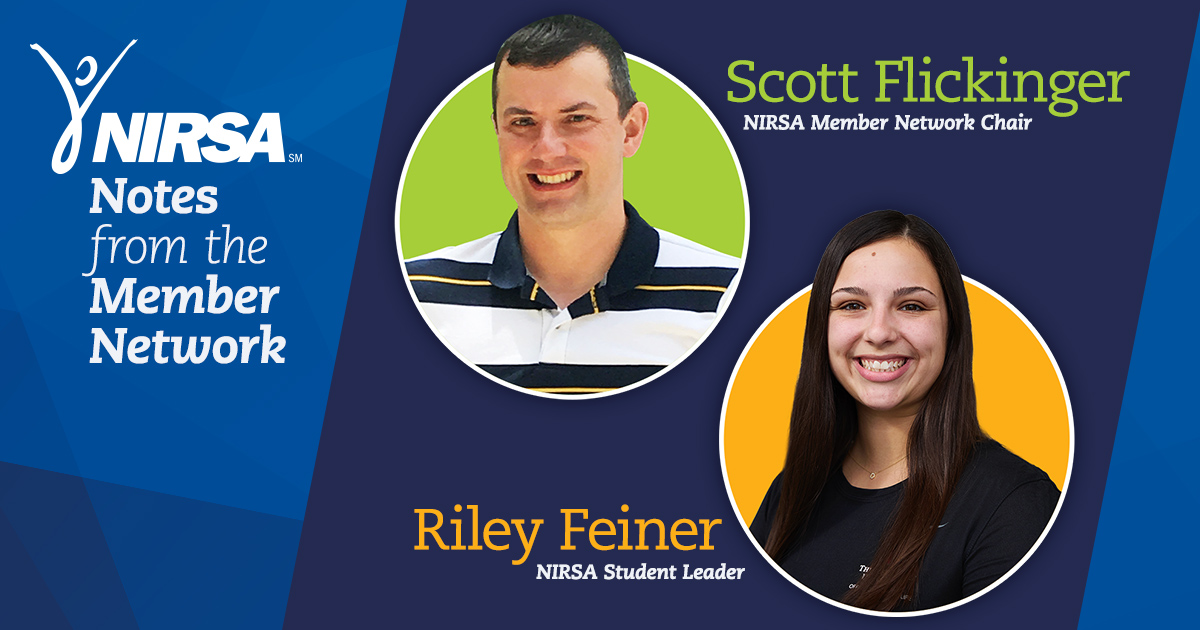From Seth’s Blog, “Blame Charles Mochet”:
The standards of your industry and our culture were set a long time ago. So long ago that we often forget why… we forget and then we fail to change them.
In 1934, the rules of bike racing were changed to ban recumbent bicycles. And that rule has stood for more than 80 years, because Charles Mochet made the mistake of giving his faster, safer bike to a cyclist who wasn’t respected. To preserve the status of existing riders who had paid their dues, the governing bodies banned the bike forever
All of those riders are now dead, but the rule persists.
Cars have two headlights because horse-drawn carriages had two lanterns. Of course you couldn’t put a lantern in the middle, that’s where the horse goes. Now, it’s easy to make a bar of light, one that illuminates from edge to edge.
And jobs used to be done by men, because statistically, it’s easier to find people who can lift heavy objects among the males in the population. But now, most lifting isn’t heavy, it requires insight and care instead.
What else is still stuck?
Humble beginnings
Two years can go by faster than you would expect. Like it was just yesterday, I remember joining my first video chat with NIRSA Director of National Sports Programs Valerie McCutchan and former Championship Series Chairs Stephanie McAlpine, Kurt Klier, and Brooke Turner. I had no idea what was in store for me. As I look back on those times, I think going in with zero expectations was the best thing for me. It allowed me to observe and absorb from those leaders, which then allowed me to formulate my own thoughts about the journey ahead.
As the Chair for the NIRSA Championship Series, one of the first things I communicated to the Series’ volunteer groups was our responsibility to help advance the Championship Series forward. 2016 marked the ten-year anniversary of the Championship Series’ formation. While many of the tenets created at that inaugural get-together still hold true today, we must continue to make sure that we are not resting solely on these ideals without creating new ones that challenge us to stay at the forefront of advancements in intramural and club sport and student development.
To help accomplish this goal, several of the work team chairs for the Championship Series Committee met in Denver, CO back in mid-June for summer leadership meetings. This was an opportunity to train new work team chairs, deliberate on strategic initiatives, discuss the vision for the upcoming year, build community, and construct an action plan. During these three days, we connected with the Member Network and communicated what the Championship Series Committee does and how we can assist in getting other NIRSA members involved in our work. This meeting served as a great jumping-off point for all of us as we embarked on a new school year. From these meetings, each Championship Series work team chair left with a game plan to guide their specific work team throughout the year.
As NIRSA grows and continues to work for social change and opportunity, it is only right that the NIRSA Championship Series do the same. It is important that we recognize and brainstorm ways to make sure everyone feels as though they have a place at our events. Additionally, we need to explore creative solutions and ideas to help tournaments succeed in a time where participation across the nation is declining in some areas. For now, the Championship Series is in a good place—but we can always do better. If we continue to look at what we do and keep why we do it as our focus, I believe we can get to a great place.
One way of getting to that great place is supporting Student Official’s Development. Through officiating, students build skills like conflict resolution, communication, problem-solving, and decision-making. Young official who participate in NIRSA’s training become lifelong sports fans who give back to their communities both on and off the field. So donate today and help support this fantastic aspect of the NIRSA Championship Series.
Working to be “unstuck”
Sometimes, whether it’s unintentional or not, we tend to recycle the same folks at our events. As someone who has hosted and been a part of many tournaments, I get it—trust me. There is something comforting in knowing that the people you are bringing in are great at working your events and you trust them to do just that. Still, we could be doing better at creating an even more inclusive and opportunistic culture for our many Championship Series events moving forward. Just so we’re clear, when I speak of inclusivity, I would like you to consider all aspects such as gender, experience, regional, age, race and schools.
A few years ago, when I initially applied for the position, I stated on my application that after many years of being a part of tournaments and committees and learning from those in front of me, it was now my time to step up and take on more leadership roles. It was through those opportunities that I was able to transition into this role as Chair of the Championship Series Committee. However, with the increasing amount of younger professionals coming into the field, I believe we owe it to them to make sure they are afforded these same opportunities and are given a chance to develop the same level of affection that we all have for Championship Series events. I spoke about this at last year’s NIRSA Annual Conference: instead of keeping alive a ten-year streak of attending tournaments and events, how about taking a year off and letting someone new experience everything the Series has to offer?
These unwritten rules of someone serving as this or that for many years because that’s how it was done back in the day are of an old mindset. But then again, young professionals, it takes two to tango. There must be a willingness from you all to step up and allow the seasoned professionals to step down. If opportunity is going to be provided, you must seize those moments and experiences. If we are all able to accomplish this, we’ll be able to develop more future leaders to support future iterations of Championship Series events. Remember, it’s not just about being on staff but also about having an impact and serving for the greater whole.
Needless to say, this group is very eager and excited to get to work and help usher in a new year for the Championship Series. I’d like to publicly offer the first of many thanks to my team consisting of Randall Ford, Scott Flickinger, April Flint, Megan Morris, Nicole Widmer, Drew Cantwell, Arianne Judy, Laura Thomas, Mark Comer, Gary Cahen, David Bowles, Keegan Ashbee, Val McCutchan, and Keeley Naughton.
I am excited about the year and cannot wait to see what it has in store for us.
Oscee Wheatfall, Chair of the NIRSA Championship Series, is currently the Associate Director of Operations & Events at Texas A & M University-College Station.






